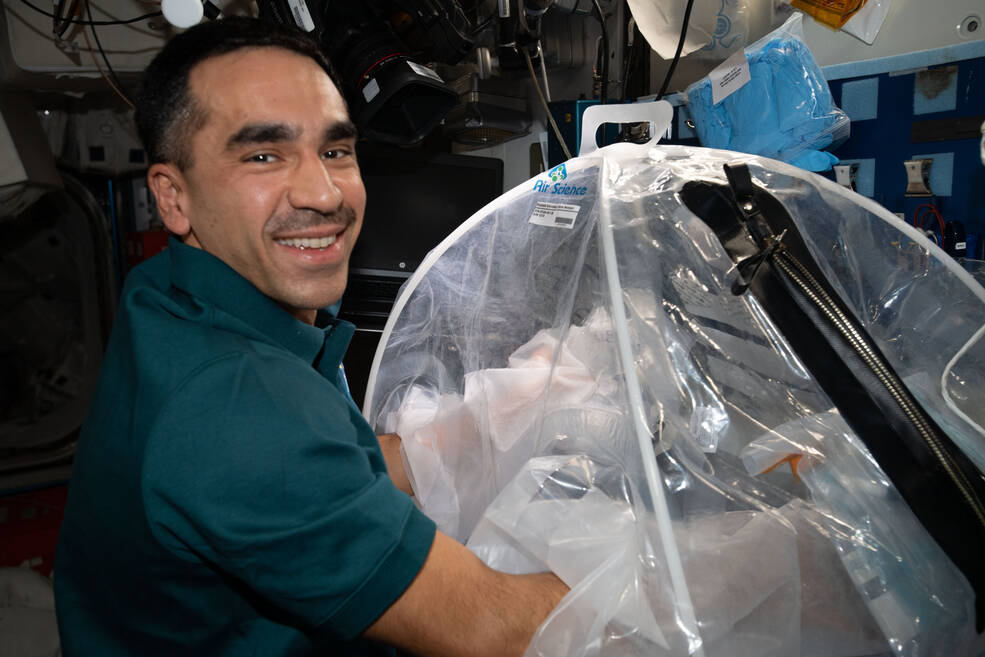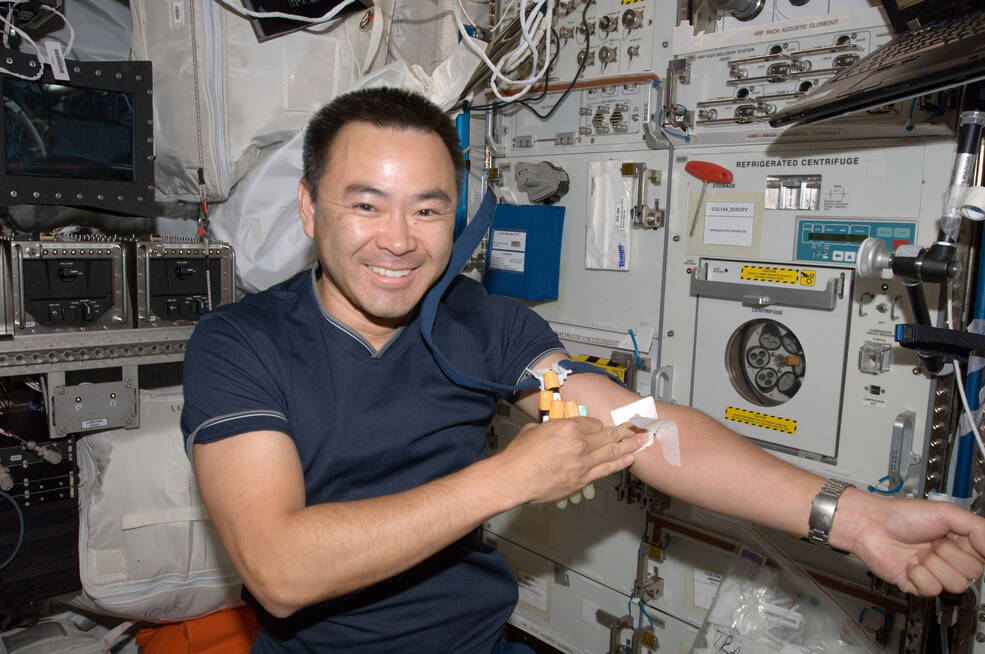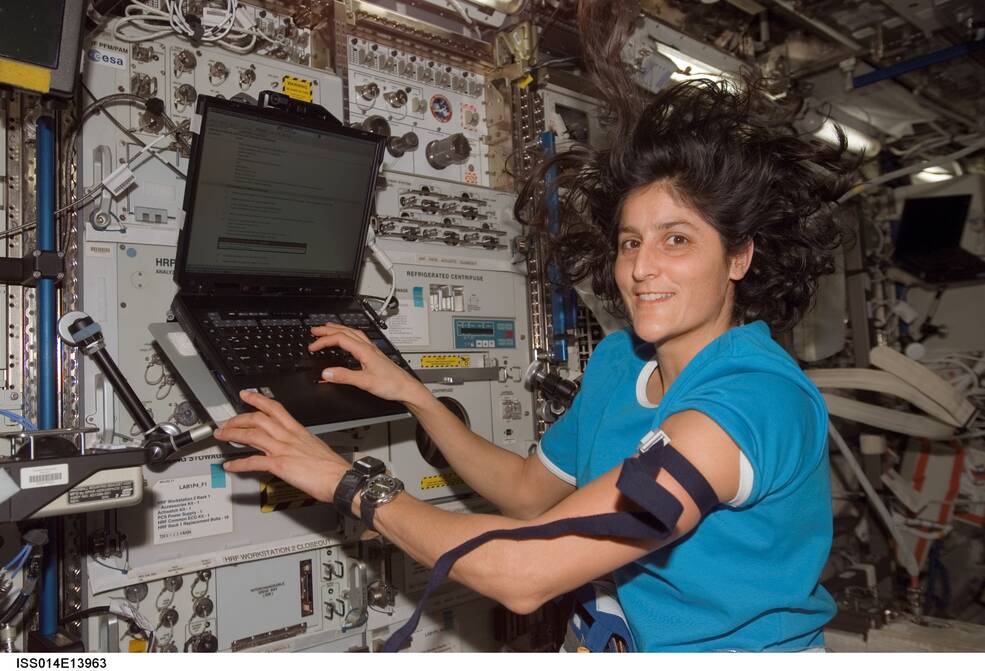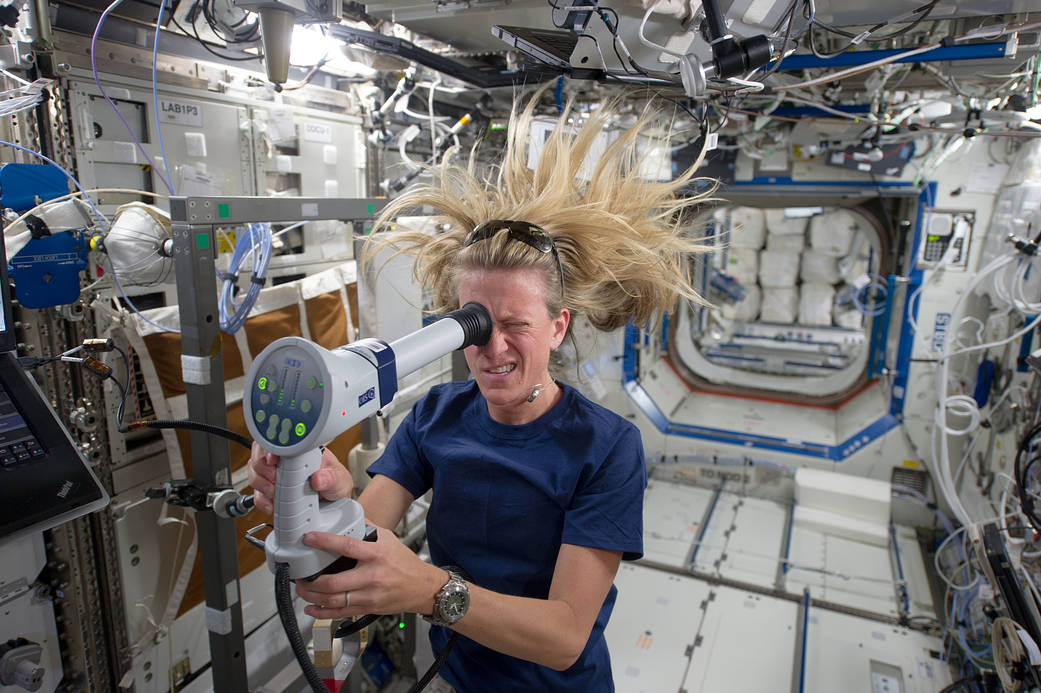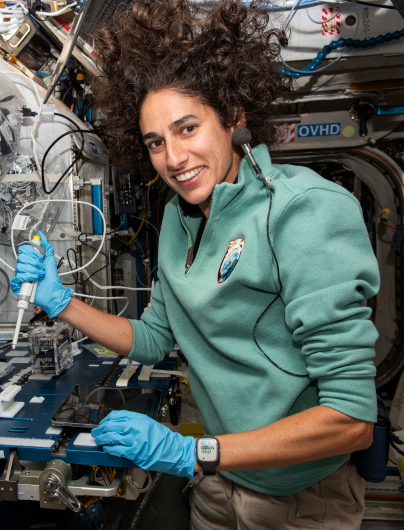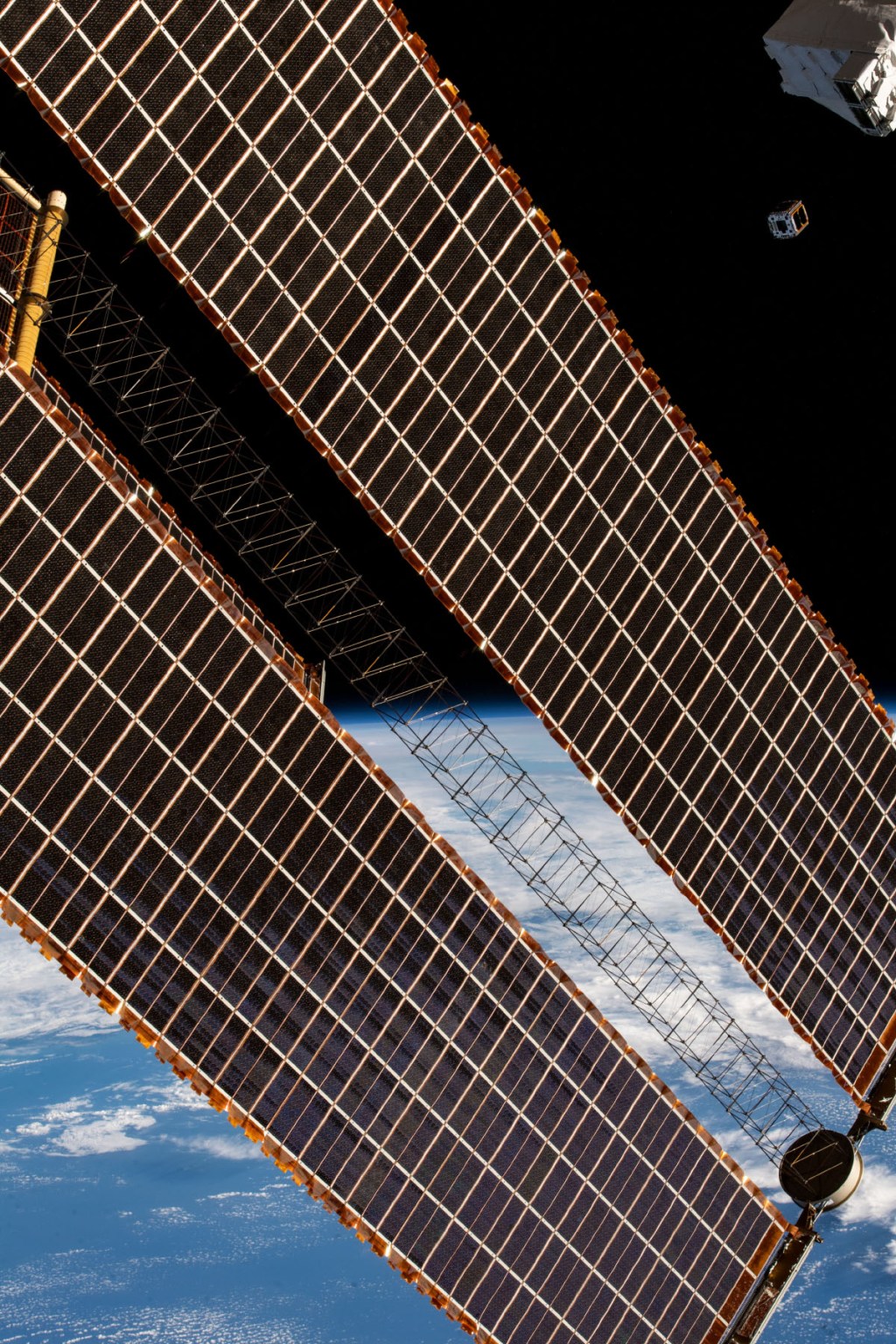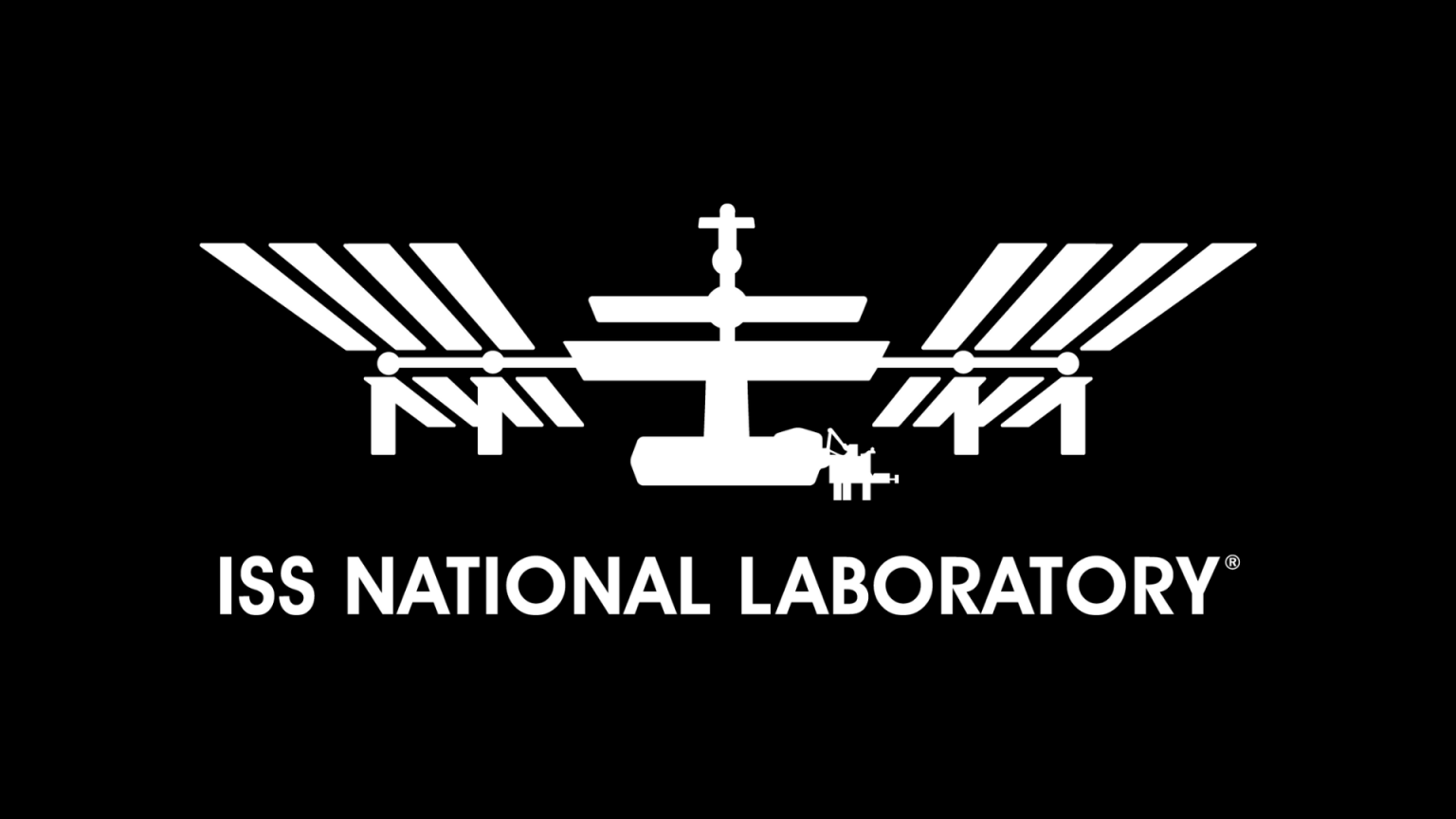Crew members aboard the International Space Station conducted a variety of scientific investigations during the week ending Aug. 18, 2023, including tracking food intake and collecting biological samples for Food Physiology.
Spaceflight is known to affect the immune system, which could increase health risks for astronauts on future missions. This ongoing investigation began in March 2019 and characterizes how an enhanced spaceflight diet affects immune function, the gut microbiome, and nutritional status. Because diet can be easily and meaningfully altered on Earth and during flight, dietary improvements offer a way to enhance human adaptation to spaceflight.
Researchers consult with participating astronauts before their mission to create the enhanced diet, which generally includes more diverse foods rich in bioactive compounds such as flavonoids, lycopene, and omega-3 fatty acids. Food sent on long space voyages must be shelf stable for multiple years at room temperature, but a variety of options are possible, such as freeze-dried butternut squash or fish with mango salsa.
Results from the Food Physiology investigation could help define targeted, efficient dietary interventions to maintain crew health and performance and guide development of the food system requirements to support these interventions. This investigation also is expected to contribute to general understanding of how complex organisms adapt to spaceflight.
Other investigations on the orbiting lab have contributed to efforts to provide the optimal diet for crew members. NASA’s Pro K investigation, which ran from 2009 to 2015, examined whether a diet with a decreased ratio of animal protein to potassium (K) reduced the loss of bone mineral in astronauts. Results showed that increasing vegetable and fruit intake may help protect against loss of bone mineral when adequate calcium is consumed.
The Nutrition investigation examined bone metabolism, oxidative damage, hormonal changes, and nutritional status in those participating in long-duration space flight from 2006 to 2013. The findings from that study included an association between higher consumption of fish (a rich source of omega-3 fatty acids) and reduced loss of bone mineral density after flight and confirmation that bone loss, vitamin D status, and oxidative damage are critical nutritional concerns for long duration space missions. The research also revealed spaceflight-related changes in kidney function, immune system regulation, and bone resorption (the breakdown and reabsorption of bone material)
Biochem Profile tested blood and urine samples from astronauts before, during and after spaceflight for specific proteins and chemicals used as biomarkers, or indicators of health. This study demonstrated that biomedical countermeasures, including improved exercise and nutrition, positively influenced changes in immune function associated with spaceflight. Researchers created a database of samples and test results available to others studying the effects of spaceflight on the body.
For the ongoing ESA (European Space Agency) Energy investigation, scientists measured metabolic rate and other parameters to calculate the energy requirements for longer spaceflight and determine the amount and types of food that crews need. The research showed that physical activity affected energy expenditure, body mass, and body composition, with significant variation among individuals.
These investigations are part of ongoing efforts to determine the methods and technologies for future exploration missions to the Moon and Mars, including the design of food systems and measures to counteract the effects of spaceflight. Insights into how diet affects overall health have significant scientific and medical applications for people on Earth as well.
John Love, ISS Research Planning Integration Scientist
Expedition 69

























